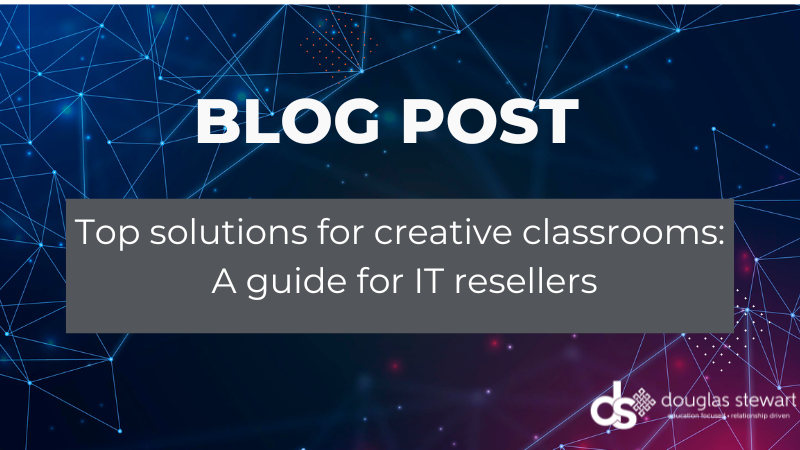Effective assistive technology

According to Kant “What is right for one is right for all.” In the realm of assistive technology this rings true time and again. From historically cost-prohibitive pieces of kit, we are seeing the evolution of affordable solutions which are not only impacting those with a known need, but proving useful to all students.
From physical needs, such as visual or hearing impairments, to memory or learning difficulties, provision of universal assistive technology access invariably means it gets used by far more people than it is intended for. This can aid people in their studies, as well as highlighting tools they can use when they enter the workplace. A barrier removed; a task made easier; a career made accessible.
Mind mapping tools, such as Mind Manager, help to organise thoughts, ideas, and information from lessons and lectures, making revision and recall of information easier and aids memory and collaboration.
Recording lectures with a dictation device such as the Philips voice recorder reduces the need for students to take notes while listening. This can help those who struggle physically with typing or handwriting at speed, as well as providing revision podcasts for all!
A smartpen such as Livescribe gives students control of their own voice notes alongside their handwritten lecture notes and can also provide text-to-speech translations.
For providing live remote lessons, or for pre-recorded flipped learning/revision resources for students, packages such as the NEO Smartpen Smart Class Kit capture voice recording alongside handwritten notes and drawings to create videos which can be used again and again.
These tools and ideas illustrate how easily an assistive technology purchase can benefit all students, as well as potentially being life changing for some.
Subscribe to our Mailing List
For news, product updates, offers and more, signup to our newsletter. See our Privacy Policy here



